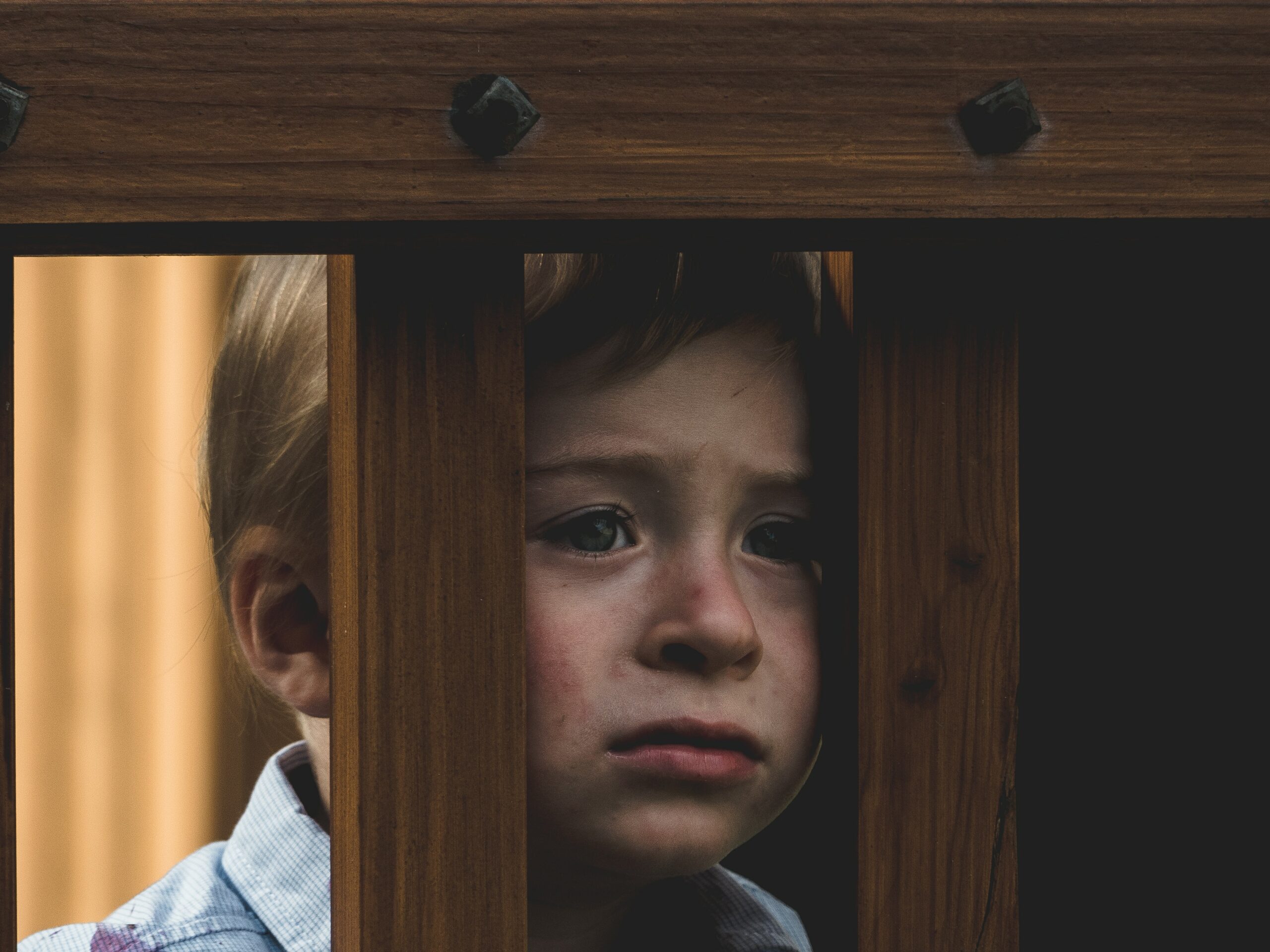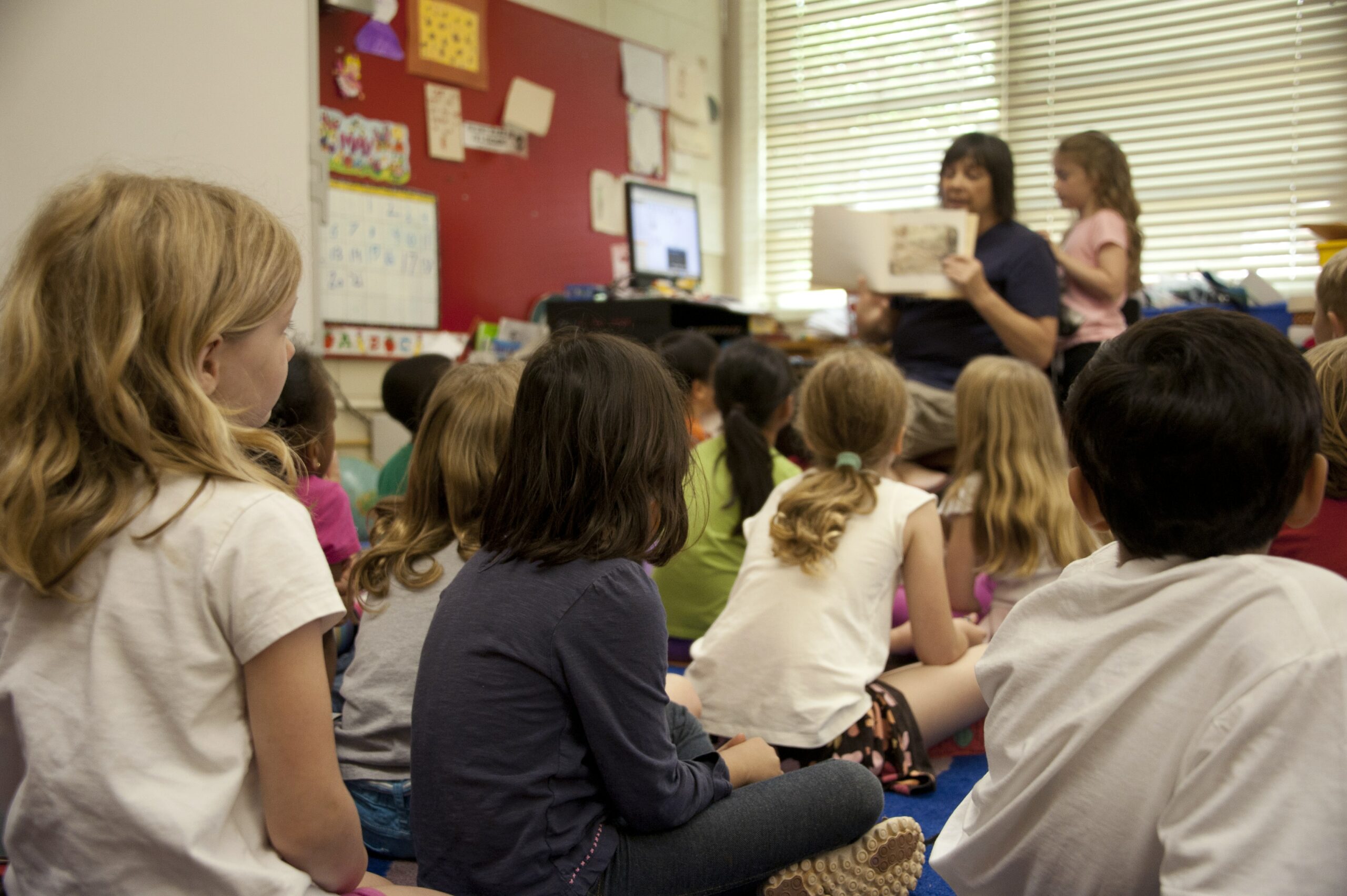The Children’s Commissioner for England has called on the government to put vulnerable children “centre stage” in forthcoming plans to “build back better” after the Covid-19 pandemic.
 In her final speech after six years in the role, Anne Longfield said that plans to “level up” the nation must start with its most vulnerable children and young people.
In her final speech after six years in the role, Anne Longfield said that plans to “level up” the nation must start with its most vulnerable children and young people.
She said it was a “terrible thing” that the lives of the most vulnerable children would have only gotten worse during the Covid-19 pandemic in the UK.
Her words follow warnings that children may be “losing all hope for their future” and as recent surveys suggest that the mental health of young people across the nation is declining.
 A government spokesperson said that protecting vulnerable children was central to their response, explaining: “That’s why we have enabled the most vulnerable children to continue attending school in person, while providing laptops, devices and data packages to those learning at home and ensuring the most disadvantaged children are fed and warm.”
A government spokesperson said that protecting vulnerable children was central to their response, explaining: “That’s why we have enabled the most vulnerable children to continue attending school in person, while providing laptops, devices and data packages to those learning at home and ensuring the most disadvantaged children are fed and warm.”
In her departing address, Ms. Longfield welcomed Prime Minister Boris Johnson’s commitment to putting schools at the heart of reopening society when the latest lockdown eases.
Speaking to BBC Radio 4’s Today programme, she said:
“There have been points during the year where I was dismayed when schools stayed shut and shops and pubs opened but the prime minister’s come behind what we were pushing for which was for the schools to be the last to close and the first to open.”
However, she estimated that around £10 billion would be needed for children’s mental health support and help for school pupils to catch up on learning.
She also questioned whether there were sufficient “structures in government around him” to enable the Prime Minister to “build back better” for children.
Responding to Ms. Longfield’s speech on Twitter, one Tory MP said the Covid-19 pandemic had “laid bare the damning truth about our educational divide.”
Robert Halfon, the Chairman of the Education Select Committee, urged ministers to focus on the “complex challenges that exist in some children’s lives,” adding that enforced school closures during the pandemic could reverse any progress that has been achieved since 2011.
 Warning that an entire generation of young people risks being defined by the coronavirus crisis and that some children may “never catch up,” Ms. Longfield said she was laying down a “challenge to government and all political parties.”
Warning that an entire generation of young people risks being defined by the coronavirus crisis and that some children may “never catch up,” Ms. Longfield said she was laying down a “challenge to government and all political parties.”
She said the pandemic did present “an opportunity to reflect and rebuild.”
A research group has estimated that children may be facing up to £350 billion in lost earnings as a result of school closures, but the Treasury has so far committed just £1.5 billion to a pupil catch-up fund for England.
Ms. Longfield pointed to this as a sign of the “institutional bias against children.”
She said promises to “level up” the country would remain “just a slogan” unless children are placed at the heart of the effort and called for a new “Covid Covenant” of education and wellbeing support in every community. She also said that school holidays should be used to catch children up with lost lessons.
Ms. Longfield also spoke of how a fifth of children in England leave school or college without basic qualifications, branding it a “national scandal”, and touched upon children who are exploited by gangs and failed by adults who “simply don’t see them.”
A spokesperson for the government said they had long-term catch-up plans that would combine with an investment of more than £1 billion to “ensure we make up for lost time in education over the course of this Parliament.”
They added:
“Anne Longfield has been a tireless advocate for children, and we’re grateful for her dedication and her challenge on areas where we can continue raising the bar for the most vulnerable.”
Ms. Longfield will be succeeded in as Children’s Commissioner in March by Dame Rachel de Souza, a former Chief Executive of a multi-academy trust.
First Response Training (FRT) is a leading national training provider delivering courses in subjects such as health and safety, first aid, fire safety, manual handling, food hygiene, mental health, health and social care, safeguarding and more.
They work with a large number of early years and childcare providers, as well as schools, colleges, and children’s services. Their courses include Safeguarding Children, Understanding Mental Health and Anxiety Awareness.
They can also provide accredited trainers to deliver Youth Mental Health First Aid training, certificated by Mental Health First Aid (MHFA) England.
 A trainer from FRT says: “There are many indirect victims of the pandemic, and it is saddening that measures introduced to keep the nation safe and healthy may have contributed to vulnerable children experiencing a decline in mental health, as well as increasing levels of deprivation and other dangers and challenges.
A trainer from FRT says: “There are many indirect victims of the pandemic, and it is saddening that measures introduced to keep the nation safe and healthy may have contributed to vulnerable children experiencing a decline in mental health, as well as increasing levels of deprivation and other dangers and challenges.
“It’s so important that this issue is being discussed and that all children receive the help and support they need when this is all over to catch up on lost learning and return to a state of wellbeing.
“Anyone who works with children and young people should complete appropriate mental health training so that they can spot the early warning signs of depression, anxiety and other mental health problems.”
For more information on the training that FRT can provide, please call them today on freephone 0800 310 2300 or send an e-mail to info@firstresponsetraining.com.
